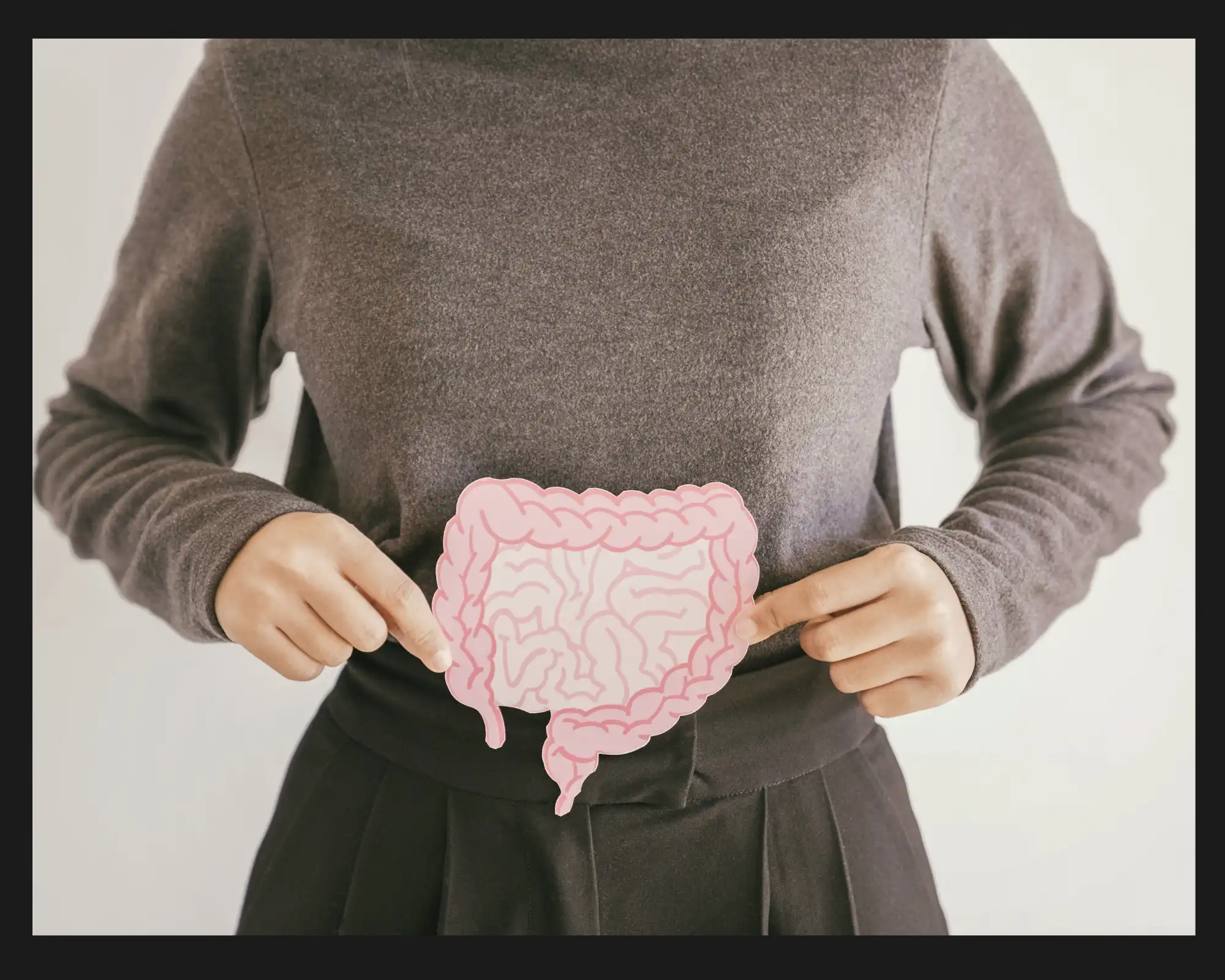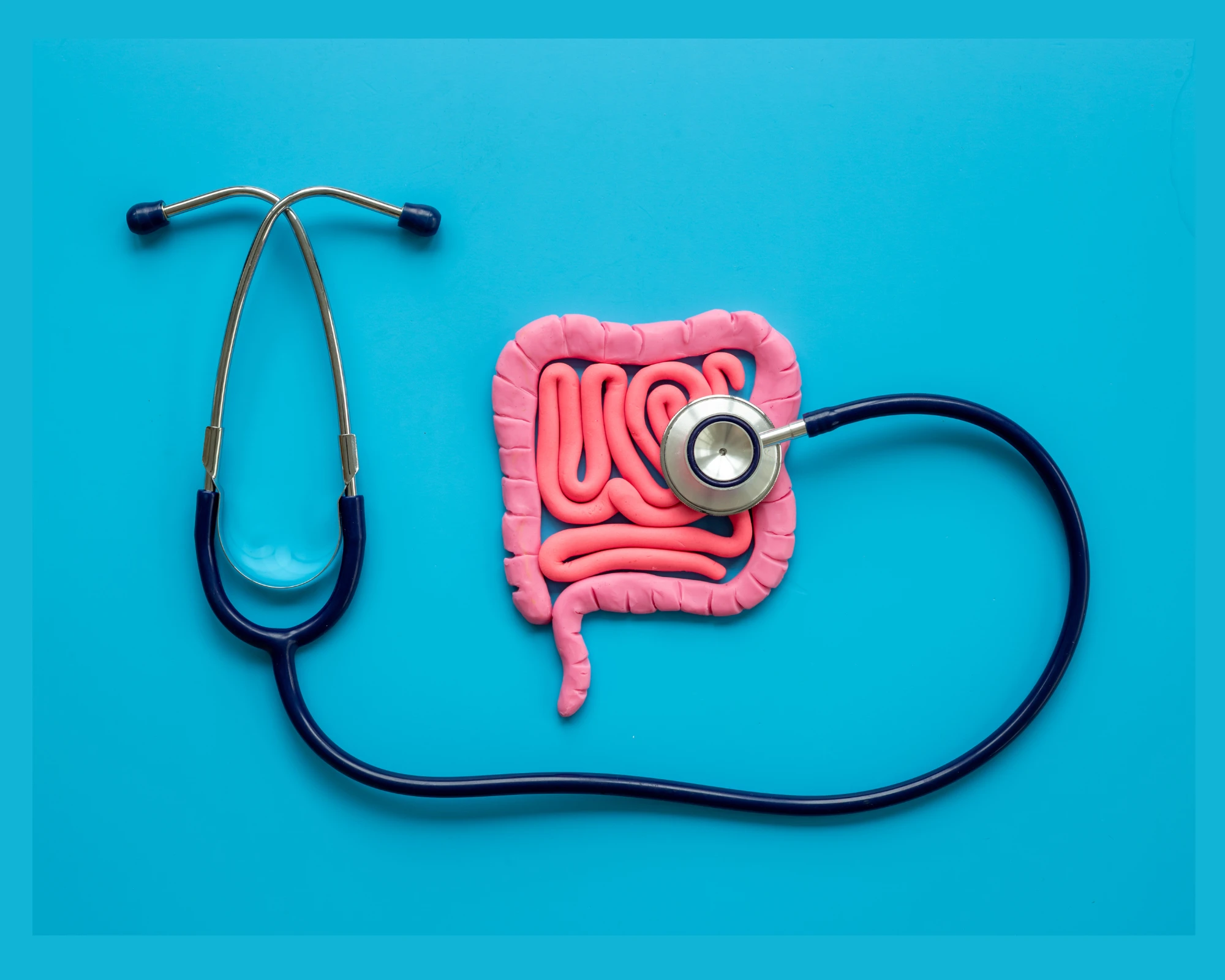The gut, often called the ‘second brain’, not only communicates with the brain via the gut-brain axis but also influences other systems, particularly the cardiovascular system. The gut microbiome, which consists of trillions of microbes, plays a crucial role in digestion, metabolism, and heart health. Research shows that gut inflammation, driven by an imbalance in the microbiome (dysbiosis), can lead to arterial stiffness and cardiovascular disease (CVD).
The Gut-Heart Connection
The gut and heart are linked through various biochemical pathways, including the vagus nerve, which is part of the gut-brain axis. Microbes in the gut influence the immune, endocrine, and vascular systems - essential components of cardiovascular health. When the balance of gut bacteria is disrupted, it can trigger gut inflammation. This inflammation doesn’t stay confined to the gut but spreads through the bloodstream, contributing to systemic inflammation. Once systemic, this inflammation can affect the arteries, leading to arterial stiffness.
Gut Inflammation and Arterial Stiffness
Chronic inflammation in the gut significantly impacts arterial health. The inflammatory signals from gut bacteria reach the endothelial cells that line the arteries, eventually causing thickening and stiffening of the arterial walls, a condition known as arterial stiffness. Stiffer arteries are less elastic, forcing the heart to pump harder to circulate blood, which increases the risk of high blood pressure, heart attacks, and other cardiovascular problems.
Dietary Choices for a Healthier Gut and Heart
Fortunately, diet plays a significant role in supporting both gut and arterial health. Consuming fibre-rich foods, fruits, vegetables, and whole grains can promote a balanced gut microbiome and reduce inflammation.

High-Fiber Foods: Foods like quinoa, millet, and vegetables encourage the growth of beneficial gut bacteria. When fibre is broken down by gut bacteria in the colon, it produces short-chain fatty acids (SCFAs), such as butyrate, which have anti-inflammatory effects. These SCFAs help regulate blood pressure, control blood sugar levels, and decrease inflammation, ultimately supporting healthier arteries.
Prebiotic and Probiotic Foods: Prebiotics, found in foods like leeks, garlic, and flaxseeds, nourish beneficial gut bacteria. Probiotics, found in fermented foods like yoghurt and sauerkraut, help maintain a balanced gut microbiome. Together, prebiotics and probiotics promote gut health and reduce the systemic inflammation that can harm the cardiovascular system.
Anti-Inflammatory Foods: Omega-3 fatty acid-rich foods, such as walnuts, flaxseeds, and fatty fish, are known for their anti-inflammatory properties. These foods can reduce the production of harmful gut metabolites like TMAO and lower the risk of arterial stiffness and CVD.
Foods to Avoid
To protect gut and heart health, it’s best to avoid refined carbohydrates, sugary foods, and highly processed products. These foods disrupt the gut microbiome, encouraging the growth of harmful bacteria and increasing inflammation. Diets high in processed foods are associated with elevated arterial inflammation and a greater risk of plaque buildup, which can lead to heart attacks and other cardiovascular issues.

(This article is authored by Tanisha Bawa, Award-winning Certified Nutrition Coach, Founder of TAN|365)





